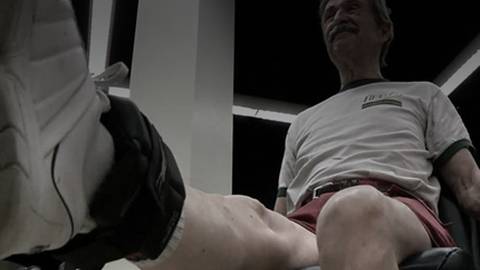Some evidence suggests that physical activity can help slow cognitive decline. A new study evaluated whether a program of moderate physical activity would result in better cognitive function, lower risk of dementia, or both, for older adults compared with a health education program.
Researchers from Wake Forest School of Medicine, Winston-Salem, North Carolina evaluated more than 1,600 sedentary adults, between the ages of 70 and 89, and randomly assigned them to either physical activity or a health education program. The participants were monitored for 24 months, during which their cognitive function was measured using a variety of clinical tests.
Results found that both groups preserved their cognitive function over the two year study period. Although there was no difference between the groups, the outcomes still prove notable, since steady decline in cognitive function would generally be expected within this age group.
[Watch more videos of The JAMA Report]
JAMA Report videos provided pursuant to license. ©2015 American Medical Association, publisher of JAMA® and The JAMA Network® journals.


Facebook Comments